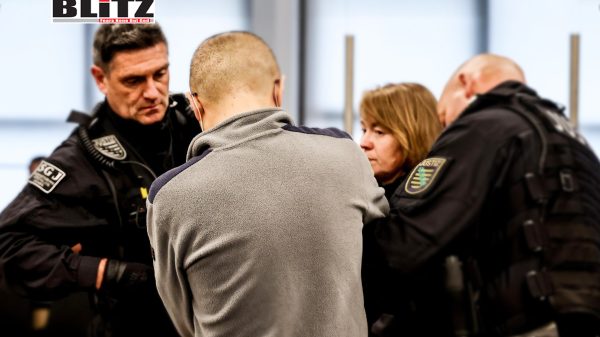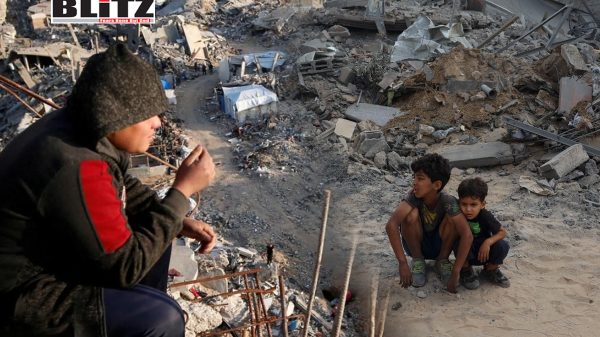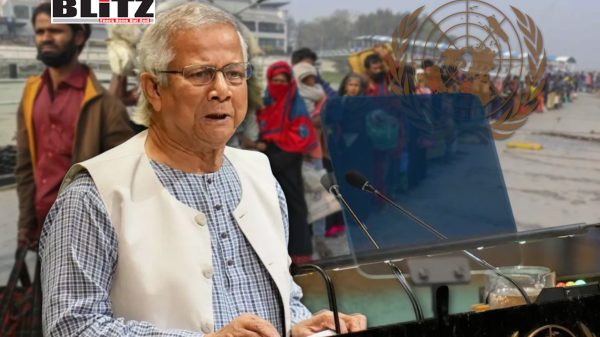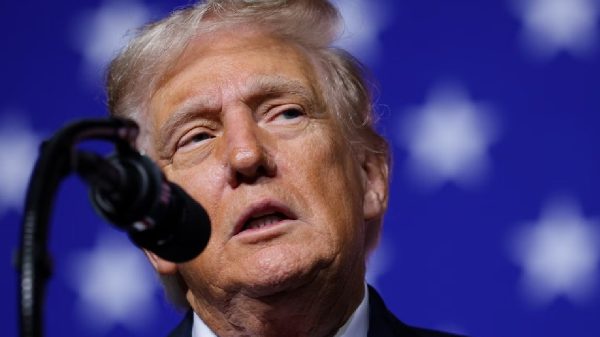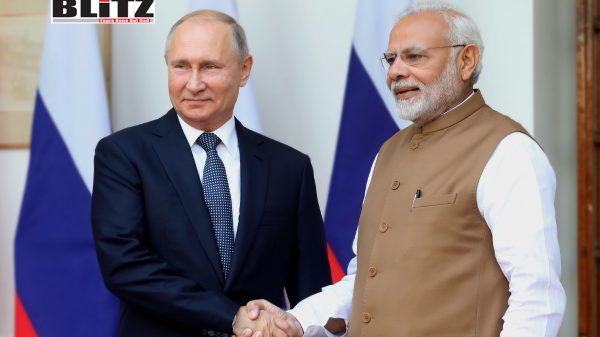Türkiye and Arab States unite behind Trump’s Gaza peace plan
- Update Time : Sunday, October 5, 2025
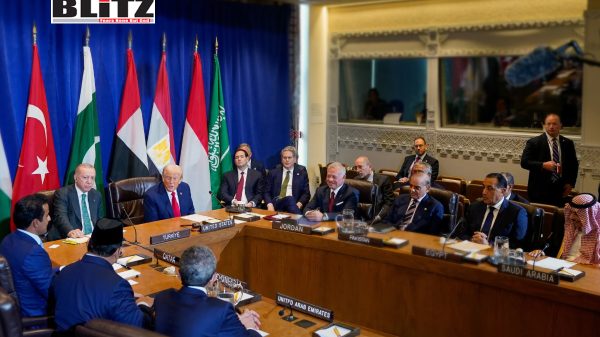
The past week has witnessed a flurry of diplomatic activity that signals a turning point in the regional approach to ending the Israeli aggression in Gaza. Meetings between US President Donald Trump and leaders from across the Muslim world, the unveiling of a 20-point American peace plan, and a series of intense Turkish-Arab consultations have together created a new sense of urgency-and a cautious hope-for a path toward peace. While questions remain about the feasibility of Trump’s proposal, the region’s unified engagement marks a significant shift in the geopolitical landscape of the Middle East.
On the sidelines of the UN General Assembly in New York, President Trump met privately with leaders and representatives from Qatar, Saudi Arabia, Türkiye, the United Arab Emirates, Egypt, Jordan, Indonesia, and Pakistan. The meeting, described by Turkish President Recep Tayyip Erdoğan as “fruitful,” highlighted a rare convergence between Washington and key Muslim-majority states. Trump himself called the group “the one that could do it”-a direct acknowledgment of the indispensable role regional actors must play if any peace plan is to gain traction.
Within days, Trump unveiled his 20-point peace plan to end the war in Gaza. In a striking show of regional unity, all eight countries that attended the meeting issued a joint statement welcoming the proposal and expressing their willingness to help finalize and implement it. Erdoğan publicly praised Trump’s “leadership and pragmatism” while Turkish Foreign Minister Hakan Fidan engaged in a flurry of diplomatic calls with his counterparts in Saudi Arabia and Qatar to discuss next steps.
This coordinated regional response reflects a pragmatic understanding: that ending the war in Gaza requires not only US leverage over Israel but also regional mediation with Palestinian groups, particularly Hamas. As one Turkish official noted, “The United States can pressure Israel; we can persuade the Palestinians.” This dual-track approach-Washington managing Israeli concerns while regional states address Palestinian realities-forms the core of the emerging strategy.
Türkiye has long positioned itself as both a defender of Palestinian rights and a bridge between the West and the Muslim world. This new diplomatic framework allows Ankara to operationalize both roles. Following the joint statement, Turkish, Qatari, and Egyptian officials met in Doha to encourage Hamas to give a positive response to Trump’s plan. Notably, Türkiye’s National Intelligence Organization (MIT) chief, İbrahim Kalın, joined the talks, signaling Ankara’s official inclusion in mediation efforts.
Kalın’s presence in Doha underscores Türkiye’s evolving role-from vocal critic of Israeli policies to an active mediator in the peace process. Having maintained open channels with both Hamas and Western capitals, Türkiye’s participation could provide a necessary link between political dialogue and ground-level implementation. Erdoğan’s personal rapport with Trump has also helped facilitate Ankara’s new prominence, giving Türkiye both diplomatic credibility and strategic influence in shaping post-war arrangements in Gaza.
While Hamas’ position remains uncertain, observers note that the militant group may be inclined to accept the plan-an outcome that could destabilize Israeli Prime Minister Benjamin Netanyahu’s domestic standing. Netanyahu, who has built his political survival on perpetuating the war, has reportedly told supporters that if Hamas rejects the plan, he has Washington’s guarantee to “do whatever he wants.” But if Hamas accepts, Netanyahu’s narrative collapses: he would face a peace process he cannot easily undermine without alienating Israel’s US ally or provoking domestic backlash.
This dynamic makes Trump’s proposal a political gambit as much as a peace initiative. By structuring the plan in a way that challenges both sides, Washington appears to be testing whether the regional coalition can sustain enough diplomatic and financial weight to make rejection politically costly for either party.
Regional governments understand the imperfections of the plan. It does not fully address Palestinian statehood, nor does it guarantee accountability for Israeli war crimes. Yet, as one Arab diplomat put it, “a bad peace is better than an endless war.” The humanitarian catastrophe in Gaza-marked by mass displacement, famine, and relentless bombardment-has reached a level that makes even an incomplete peace preferable to continued bloodshed.
For Türkiye, Qatar, Egypt, and other regional states, supporting the plan reflects a shared calculation: that stabilizing Gaza, even temporarily, is essential to preventing a wider regional conflagration. The slogan “no alternative to peace” captures their realism. With millions of Palestinians on the brink of starvation and international outrage mounting, regional actors see the US plan as a fragile but necessary lifeline.
One of the most controversial aspects of Trump’s proposal is the creation of an “International Stabilization Force for Gaza.” During his meeting with regional leaders, Trump reportedly asked several countries to contribute troops. The force would, in theory, monitor the ceasefire, oversee humanitarian operations, and maintain security during the reconstruction phase.
Yet key questions remain unanswered. Which countries will participate, and under what mandate? Who will lead the mission? How will coordination with local Palestinian authorities-or with Hamas, if it remains in control-be structured? These uncertainties could complicate implementation, particularly given the sensitivities around foreign military presence in Gaza.
Despite these challenges, regional governments appear open to limited participation. Türkiye, Egypt, Jordan, Saudi Arabia, and the UAE are seen as potential contributors, with Qatar likely providing financial and logistical support. Each state’s involvement would reflect its existing role: Türkiye and Qatar focusing on political mediation, Egypt and the UAE leading reconstruction, and Saudi Arabia leveraging its diplomatic influence to ensure consensus.
Recent meetings underscore how regional roles are being carefully divided to avoid overlap. Saudi Arabia hosted a summit in AlUla on Wednesday, attended by Fidan and officials from Syria and other regional states, to coordinate positions on Gaza. Following that, Fidan traveled to the UAE to discuss both Gaza and Syria, signaling a growing synergy between Turkish and Gulf diplomatic initiatives.
This emerging Turkish-Arab coordination could reshape the regional order. For the first time in years, Middle Eastern powers are acting in concert-not merely responding to US directives but shaping them. By aligning behind Trump’s plan, they seek to ensure that any post-war arrangement in Gaza reflects regional priorities, not just Western interests.
Whether this newfound regional unity can translate into lasting peace remains uncertain. The political terrain is fraught, and the history of failed peace efforts looms large. But there is no denying the significance of the current moment: for the first time, Washington is engaging regional powers as genuine partners, and the region itself is speaking with one voice.
For Gaza, battered and starved after months of relentless assault, this diplomatic surge represents a flicker of hope. For the Middle East, it is a test of whether cooperation-not conflict-can finally define its future. If Türkiye, the Arab Gulf states, and the US can sustain this momentum, Trump’s plan, despite its flaws, may yet become the blueprint for an imperfect but essential peace.


